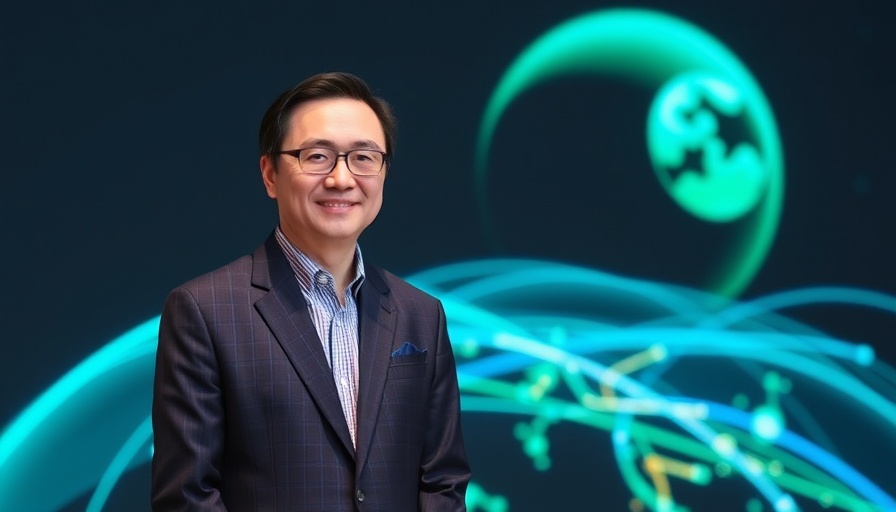
How Robin Zeng Envisions a Zero-Carbon Future
Robin Zeng, Chairman and CEO of CATL, recently delivered a powerful address at a major international conference, outlining his vision for a global zero-carbon transition. His insights shed light on the urgent need for collaboration across industries to combat climate change and transition towards sustainable energy practices. With electric vehicle adoption surging and renewable energy sources gaining traction, Zeng emphasized the pivotal role technology plays in this transformation.
The Need for Collaboration in Driving Change
Zeng's discourse involved a compelling argument for deeper collaboration across various sectors, suggesting that no single entity can tackle global warming alone. By merging the creativity of tech firms with the operational capabilities of traditional industries, substantial progress can be made. For instance, automotive industries and energy companies can partner effectively to drive innovations that facilitate a zero-carbon environment. This suggests an exciting paradigm shift in how businesses might forge strategic alliances to achieve sustainability goals.
Technological Innovations that Empower the Transition
The advancements in digital technologies, including AI and data analytics, have significant implications for Zeng's vision. These tools can optimize energy efficiency, track carbon footprints, and ultimately empower a smoother transition to renewable energy practices. For example, companies employing AI can predict and manage energy consumption patterns, leading to more efficient processes.
Insights on the Future of Sustainable Technologies
As we look to the future, Zeng's vision could be supported by crucial trends in digital marketing, especially in the context of e-commerce. The rise of sustainable brands relies heavily on robust online marketing strategies. Companies focusing on messaging around sustainability could employ email marketing tactics, social media advertising, and influencer partnerships to engage eco-conscious consumers effectively. This signifies the potential for marketing automation tools to promote sustainable practices efficiently.
Practical Steps for Businesses to Adapt
Business owners must embrace the information shared by Zeng and focus on implementing actionable strategies to participate in the zero-carbon transition. This includes integrating eco-friendly practices into their operations, such as optimizing their supply chains, adopting digital marketing trends that advocate sustainability, and leveraging analytics tools to measure their impact.
Emotional and Human Interest Angles: The Human Element in Sustainability
Beyond technology and strategy, Zeng’s vision is rooted in the human aspect of sustainability. Understanding how climate change impacts communities and individual lives emphasizes the urgency of the transition. Businesses should share stories that resonate with consumers emotionally, enhancing brand loyalty and driving customer engagement. This person-centered approach can enhance the efficacy of any marketing campaign, making sustainability not just an operational metric but a core value.
 Add Row
Add Row  Add
Add 




Write A Comment